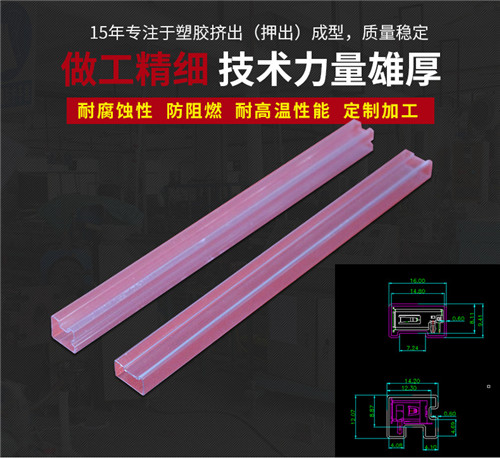
Phone Number :
07 05, 2023

The use of PVC hoses in the food processing industry is widespread, as these hoses are known for their durability, flexibility, and resistance to chemical and physical abuse. However, ensuring the hygienic safety of PVC hoses is of utmost importance to protect the quality and integrity of food products and the health of consumers. To achieve this, rigorous testing procedures are conducted to evaluate the compliance of PVC hoses with industry standards and regulations.
PVC hoses that come into direct contact with food should comply with specific regulations to prevent contamination. These regulations, such as the Food and Drug Administration (FDA) guidelines in the United States, set limits on the migration of harmful substances from the hose material into the food product. Hygienic safety testing involves assessing the migration levels of substances like plasticizers, heavy metals, and volatile organic compounds to ensure they are within acceptable limits.
In food processing facilities, hoses are subjected to frequent cleaning and sanitization processes to maintain hygiene. Therefore, PVC hoses must be resistant to various cleaning agents, such as detergents, disinfectants, and high-temperature water, without compromising their physical properties. Hygienic safety testing evaluates the performance of PVC hoses under different cleaning conditions to ensure they can withstand repeated cleaning cycles and remain free from degradation or release of harmful substances.
The food processing environment provides ideal conditions for the growth of microorganisms, including bacteria, mold, and yeast. PVC hoses need to be designed and tested to prevent microbial colonization on their inner and outer surfaces, as these microorganisms can contaminate food products and compromise their safety. Hygienic safety testing involves subjecting PVC hoses to microbial challenge tests to assess their resistance to bacterial and fungal growth, ensuring that the hoses do not harbor potentially harmful microorganisms.
In conclusion, hygienic safety testing plays a crucial role in ensuring the suitability of PVC hoses for the food processing industry. Through compliance with food contact regulations, resistance to cleaning and sanitization, and prevention of microbial growth, PVC hoses can meet the highest standards of hygiene, safeguarding the quality and safety of food products and consumer health.